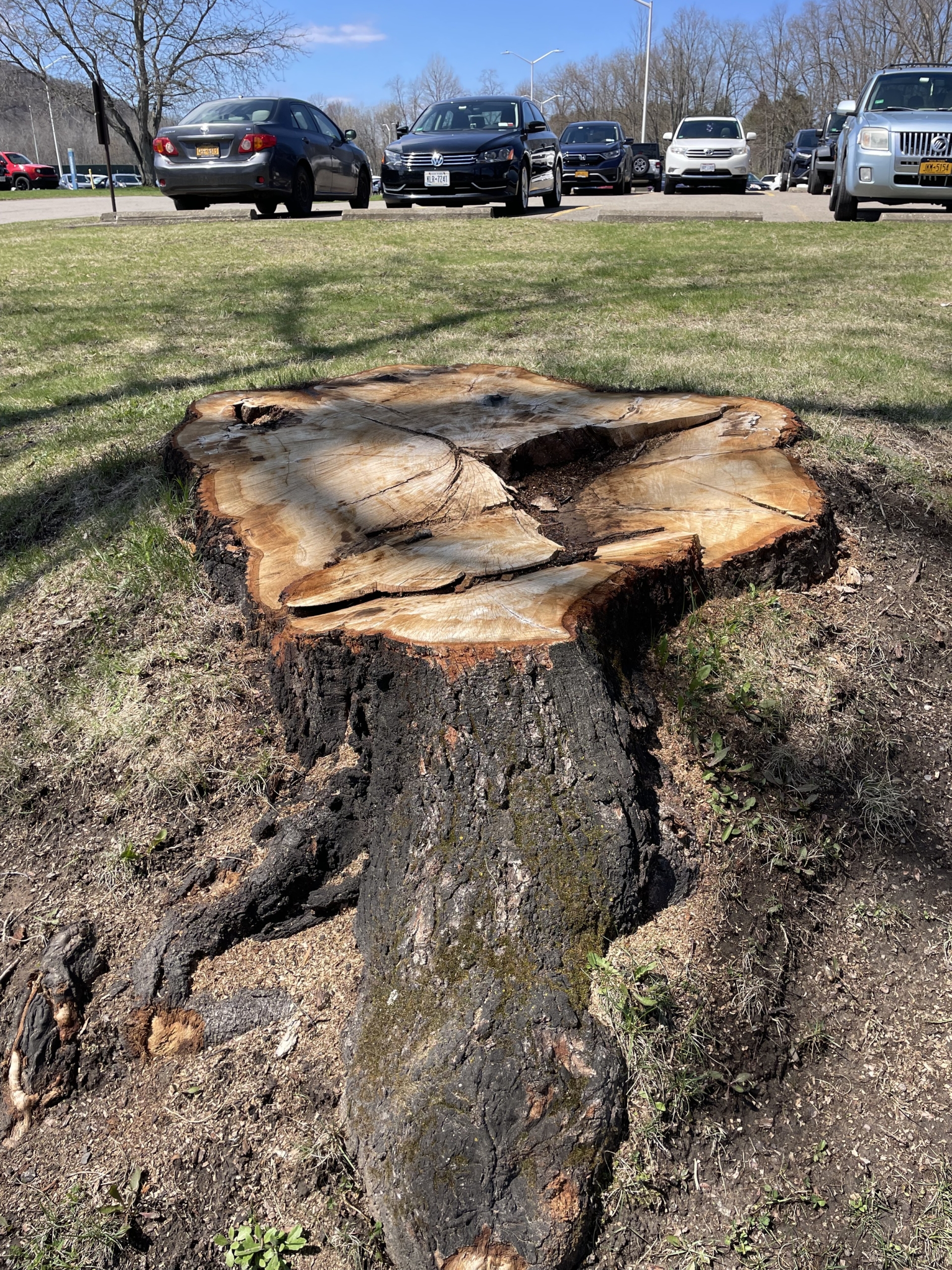This academic year, St. Bonaventure University is a smoke-free campus. The new policy was voted on last year and has been in place since July 1.
St. Bonaventure University Student Government Association Executive Board President Lara McCormick, a senior political science and international studies double major, discussed what led to the push for an updated smoking policy.
“A previous SGA president was alerted that the University was hoping to change its smoking policy and was looking for SGA’s input on the matter. In response, SGA ran a student poll that gave students alternatives for a new smoking policy and crafted an official recommendation for a new policy,” she said.
The survey was sent out on November 29, 2017, and 455 students responded. The survey was anonymous to ensure the privacy of the students who participated.
“The survey had three options that students had to rank from most to least preferred: smoke free campus, smoke free zones and no change in the policy. Students were also asked if they smoke and how frequently,” McCormick said. “After the survey results came in we used the responses and debated within the senate to craft the best proposal that was both realistic and achievable and matched student opinion.”
As for enforcement of the smoke-free campus, McCormick says that the university has taken measures to make sure everyone is aware of and following the new rules.
“Safety and Security is currently enforcing the new policy. There are new ‘no smoking’ signs posted around campus. With the new policy, anyone that wishes to smoke must walk off university property,” she said.
Along with “no-smoking” signs, a statement on the university’s website discusses what the consequences of smoking on campus are, for both employees and students.
“Repeated violations of this policy may be cause for severe disciplinary action up to and including dismissal from employment (for employees) or expulsion (for students). These sanctions will be assessed through already existing university procedures,” the statement reads.
The university’s statement also says that any complaints or reports of smoking should be directed to Safety and Security, as they are responsible for enforcing the smoke-free policy, or the residence life staff, if the violation is occurring in a residence hall.
In moving to a smoke-free campus, St. Bonaventure is joining a growing trend among colleges nationwide. According to data from the American Nonsmokers’ Rights Foundation, approximately 2,375 college and university campuses in the United States were entirely smoke-free as of July 1, 2019. Some students have noticed changes in smoking habits on campus.
Megan Latas, a sophomore psychology major, believes there has been a decrease in smoking and vaping on campus, but says it hasn’t entirely disappeared.
“I think people are aware of the policy, but I don’t necessarily think that means that everyone is following it,” she said. “Last year, I used to see people vaping on campus literally all of the time. This year, I see people doing it here and there, but not nearly as much as last year. It is definitely not something people do as much in public or openly in front of others.”
Latas thinks that the new smoking policy is a step in the right direction for the university. With the serious health effects of smoking, she thinks the school has the best interest of the students in mind.
“I think the new smoking policy is helpful because there are more and more health issues developing in young people due to smoking, and especially vaping. I think it is responsible of the school to ensure the safety and health of the students,” she said.
McCormick noted that that not everyone is happy with the policy change and that there have been some complaints about the new smoking policy. However, she believes that a smoke-free campus will benefit the campus community.
“There have been a few negative comments about the new policy. Any change like this comes with an adjustment period, and we hope this policy positively affects the health and wellness of students, faculty and staff,” she said.
By Elizabeth Pantano, Staff Writer
pantanem18@bonaventure.edu




